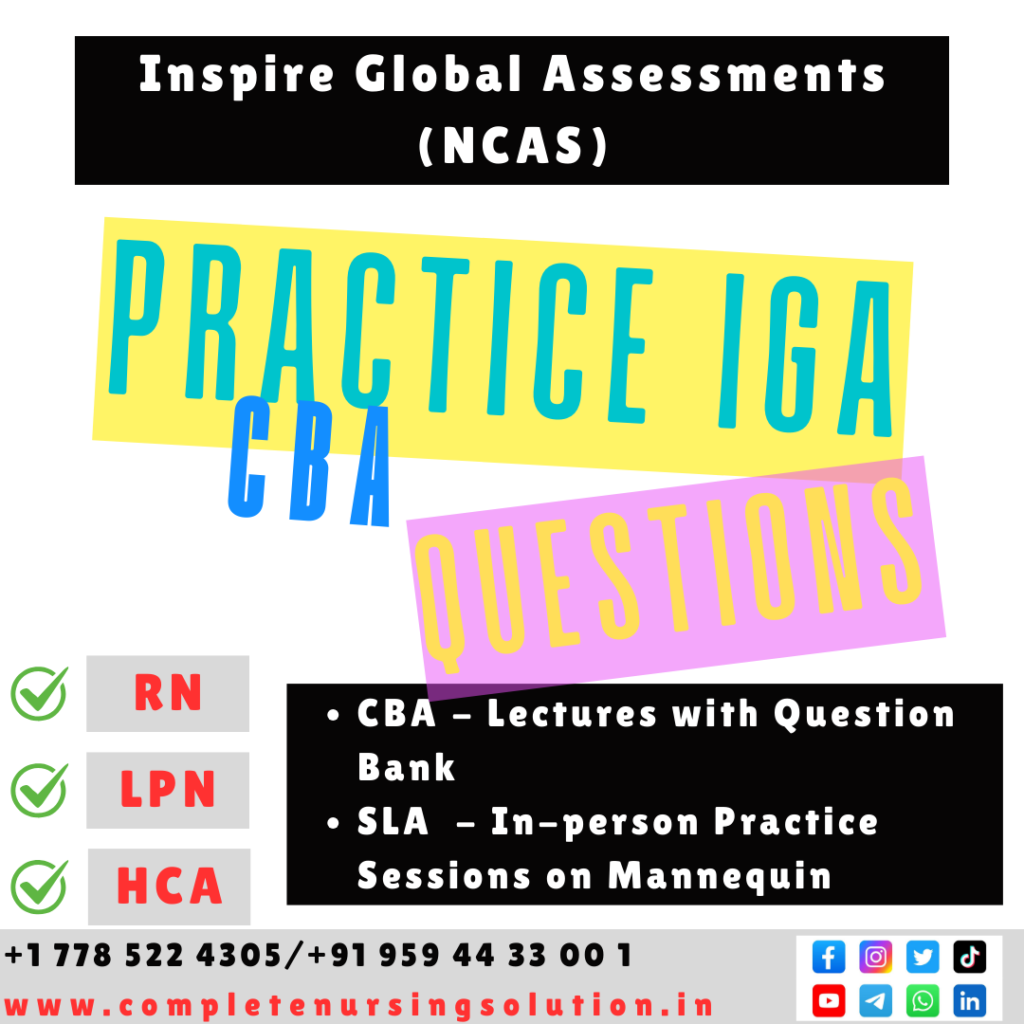Beneficence is the ethical principle of doing good. It involves helping to meet the client's (including the family) emotional needs through understanding. This can involve withholding information at times.
Stating that the client is critically ill and is being cared for meets the ethical principle of veracity (telling the truth) but also avoids overwhelming the family before they travel to the hospital. The nurse does not want the family to be too distressed to process the situation and arrive safely.
(Option 2) This is a true statement but it is being given abruptly to the family without support or gradual adjustment. It might be so distressing that they cannot travel to the hospital safely.
(Option 3) This is not a true statement and violates the principle of veracity. It will do nothing to help the family and might even cause them alarm that a nurse there is not informed about what is going on with their child.
(Option 4) Although this is an option, it does nothing to deal with the situation and the family's needs adequately. It also "passes the buck" to another provider, and even though this provider can speak to them, the nurse should deal with the family's immediate needs at this point. Once they arrive, the health care provider is usually the one to tell family members about the client's prognosis.
Educational objective:
The ethical principle of beneficence means doing good. It can involve not saying all known information immediately but delaying notification until appropriate support is in place.
Beneficence is the ethical principle of doing good. It involves helping to meet the client's (including the family) emotional needs through understanding. This can involve withholding information at times.
Stating that the client is critically ill and is being cared for meets the ethical principle of veracity (telling the truth) but also avoids overwhelming the family before they travel to the hospital. The nurse does not want the family to be too distressed to process the situation and arrive safely.
(Option 2) This is a true statement but it is being given abruptly to the family without support or gradual adjustment. It might be so distressing that they cannot travel to the hospital safely.
(Option 3) This is not a true statement and violates the principle of veracity. It will do nothing to help the family and might even cause them alarm that a nurse there is not informed about what is going on with their child.
(Option 4) Although this is an option, it does nothing to deal with the situation and the family's needs adequately. It also "passes the buck" to another provider, and even though this provider can speak to them, the nurse should deal with the family's immediate needs at this point. Once they arrive, the health care provider is usually the one to tell family members about the client's prognosis.
Educational objective:
The ethical principle of beneficence means doing good. It can involve not saying all known information immediately but delaying notification until appropriate support is in place.





Can you be more specific about the content of your article? After reading it, I still have some doubts. Hope you can help me.
Thanks for sharing. I read many of your blog posts, cool, your blog is very good.
Can you be more specific about the content of your article? After reading it, I still have some doubts. Hope you can help me.